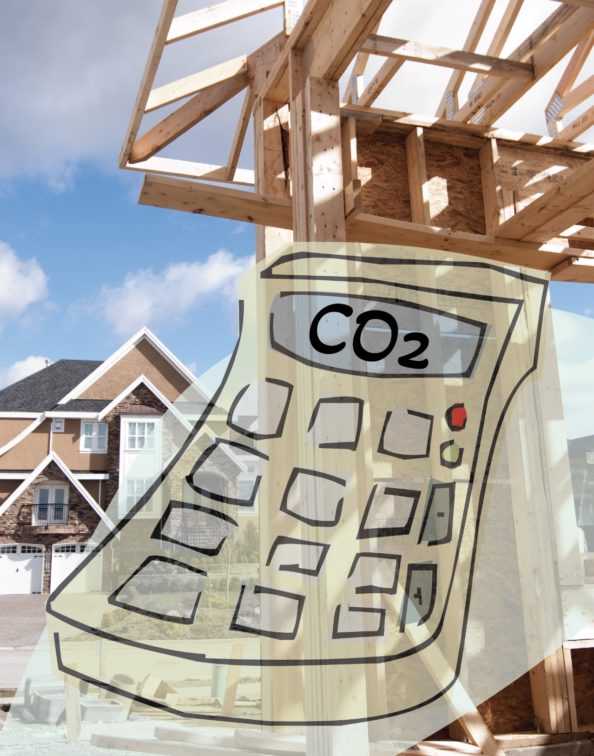 Diplomats agreed earlier this month to new rules governing carbon credits. But while they were deliberating, the scientists who defined “net zero” in 2009, found something wrong with the math underlying those debates. “Achieving ‘net zero’ no longer means what we meant by it,” said Myles Allen, professor of geosystem science at University of Oxford, an author of a new paper in the journal Nature. Their new analysis skewers an assumption at the heart of how countries and companies track emissions — that a ton of CO2 is the same everywhere, whether it’s dispersed in the atmosphere, embedded in forest wood or pulled from the air and pumped deep underground. That fungibility is the foundation of carbon markets. It lets a ton of CO2 in a forest stand as a fair trade for a ton put in the atmosphere. That rule-of-thumb turns out to be a vast oversimplification that could render many well-meaning net-zero efforts meaningless.
Diplomats agreed earlier this month to new rules governing carbon credits. But while they were deliberating, the scientists who defined “net zero” in 2009, found something wrong with the math underlying those debates. “Achieving ‘net zero’ no longer means what we meant by it,” said Myles Allen, professor of geosystem science at University of Oxford, an author of a new paper in the journal Nature. Their new analysis skewers an assumption at the heart of how countries and companies track emissions — that a ton of CO2 is the same everywhere, whether it’s dispersed in the atmosphere, embedded in forest wood or pulled from the air and pumped deep underground. That fungibility is the foundation of carbon markets. It lets a ton of CO2 in a forest stand as a fair trade for a ton put in the atmosphere. That rule-of-thumb turns out to be a vast oversimplification that could render many well-meaning net-zero efforts meaningless.